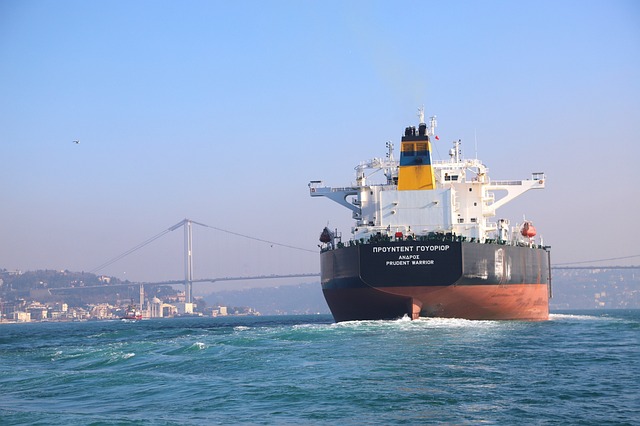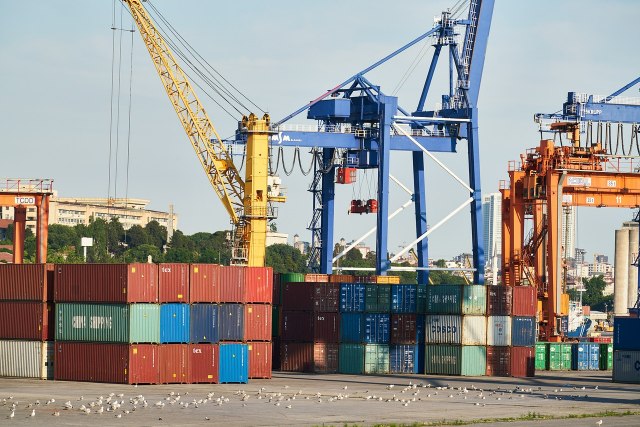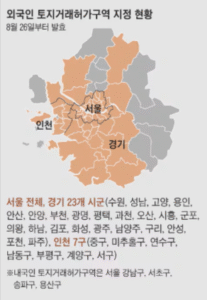
“Start a Personal Business in Korea Without Capital – A Guide for Foreign Students”
For foreign students (D-2) studying in Korea, one of the biggest challenges is finding a job.
Even after working part-time and graduating from university, securing a job remains an uphill battle. As a result, many students end up staying in Korea on a job-seeking visa (D-10) for two years before eventually returning to their home countries.
If you have capital exceeding KRW 100 million, you can switch your status to the Trade Investment Visa (D-8). However, gathering such a large amount is not easy, and proving ownership of the funds is required to obtain the D-8 visa.
These obstacles—financial requirements and job market difficulties—are significant barriers for many foreign students in Korea.
Check out the previous post!
[Korea Visa #1] Understanding Korean Visas Made Easy: The Ultimate Guide for Foreigners
[Korea Visa #2] Studying in Korea is Impossible Without This Visa! Essential Information for International Students
[Korea Visa #3-1] Succeeding in Professional Employment in Korea with the E-7 Visa Basic Principles and Key Occupations
[Korea Visa #3-2] How to Successfully Secure Professional Employment in Korea with the E-7 Visa: A Complete Guide to Eligibility Requirements and Essential Documents
[Korea Visa #4] The First Step to Successfully Settling in Korea: D8 Investor Visa
[Korea Visa #4-2] Essential Guide for Investors in Korea! D-8 Visa Process at a Glance
“What is the D-9-1 Trade Visa?”
The Trade Management Visa (D-9) requires a minimum capital of KRW 300 million to start a personal business. This threshold is even higher than the Trade Investment Visa (D-8).
However, the D-9-1 Visa, a subset of the D-9 visa category, is a points-based trade visa. This visa allows foreign students (D-2) to switch to the D-9-1 visa without requiring capital, provided they meet the points-based criteria.
Many foreign students are unaware of this option and, unfortunately, return to their home countries. The D-9-1 visa offers hope for starting a personal business in Korea without any capital.
“Who Can Apply for the D-9-1 Points-Based Trade Visa?”
The D-9-1 Points-Based Trade Visa requires applicants to score at least 60 out of 160 points, including a minimum of 10 points in the mandatory category.
If you co-manage a business with other eligible foreigners, your score will be divided by the number of co-representatives, meaning only 1/n of the points will be recognized per person.
Eligibility Requirements
- The applicant must complete business registration under their name.
- Co-ownership is allowed, but the business must fall under the “trade business” category.
- No disqualifying factors, such as:
- Multiple violations of immigration law with significant fines
- Illegal entry or the use of falsified documents (e.g., passports or foreigner registration cards)
- Entry restrictions or risks to Korea’s public welfare
- Submission of false documents in the past
“What Are the Points-Based Criteria for the D-9-1 Visa?”

The points-based system is divided into mandatory and optional categories. Applicants must score at least 60 out of 160 points, including a minimum of 10 points in the mandatory category.
Mandatory Category: Maximum 65 Points (Minimum 10 Points Required)
Trade Performance (Average annual performance in the last two years)
- Export over USD 300,000: 30 points
- Export over USD 100,000: 20 points
- Combined import/export performance over USD 500,000: 15 points
- Combined import/export performance over USD 300,000: 10 points
※ This category is challenging for foreign students who may lack trade performance.
Trade Expertise: Maximum 35 Points
- Trade-Related Work Experience (A): 20 points
- At least 2 years of full-time employment in trade at domestic or international public/private organizations
- Trade-Related Major (B): 15 points
- Bachelor’s degree or higher in trade-related majors from domestic or international universities
- Recognized subjects include international trade theory, trade English, and international marketing, as designated by the Ministry of Justice
- Trade Education Completion (C): 10 points
- Completion of trade education (e.g., OASIS 4+ program by the Global Start-up Immigration Center)
- Completion of trade education (e.g., OASIS 4+ program by the Global Start-up Immigration Center)
- Trade-Related Work Experience (A): 20 points
Optional Category: Maximum 95 Points
Length of Stay in Korea (as of the application date; cannot be double-counted)
- Registered for 5+ years: 20 points
- Registered for 3+ years: 15 points
- Registered for 1+ year: 10 points
- Unregistered but stayed over 200 days in the past 2 years: 5 points
Educational Background (cannot be double-counted)
- PhD: 20 points
- Master’s: 15 points
- Bachelor’s: 10 points
- Associate’s: 5 points
Additional Points (can be combined; maximum 55 points)
- Studied in Korea for 2+ years and earned an associate degree or higher (A): 30 points
- Personal capital of KRW 100 million or more (B): 15 points
- TOPIK Level 3 or higher or completion of KIIP (C): 10 points
“What Documents Are Required?”
Basic Documents
Passport, foreigner registration card (if applicable), integrated application form, application fee (KRW 100,000 + KRW 30,000 for the card), one photo
Proof of Residence
Tuberculosis diagnosis certificate (only for applicants from high-risk countries)
Business-Related Documents
Copy of business registration certificate
Copy of trade business registration number certificate (issued by the Korea International Trade Association)
Original and copy of co-business agreement (for co-representatives)
Proof of business premises (lease agreement or ownership documents)
Points-Based Documents
Proof of trade performance (export/import certificates)
Certificates of trade-related work experience, degrees, or training completion
Evidence of personal capital, TOPIK scores, or KIIP completion certificate
Other documents: Foreigner job report form
Today, we explored the D-9-1 Points-Based Trade Visa. For foreign students with 3+ years of stay in Korea (15 points), a bachelor’s degree (10 points), TOPIK Level 3 (10 points), and 2+ years of study in Korea (30 points), it’s possible to meet the 65-point requirement.
However, it’s critical to secure at least 10 points in the mandatory category, such as trade performance or trade expertise. Without meeting this criterion, the application will not be successful.
For efficient preparation and a successful application, consulting with an expert is essential.
For more details or assistance, contact KoreaAgain’s official partner, Help Plus Administrative Office.
The D-9-1 Visa is a powerful tool for foreign students to pursue entrepreneurship and success in Korea without the need for capital. Start your journey today!
- https://blog.naver.com/celloberlin
- Kakao : phdcelloberlin
- Whatsapp : + 82 10-3174-3793
- celloberlin@naver.com









